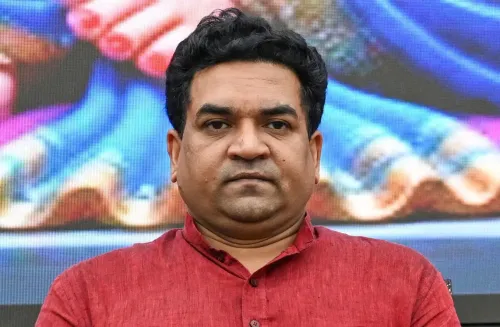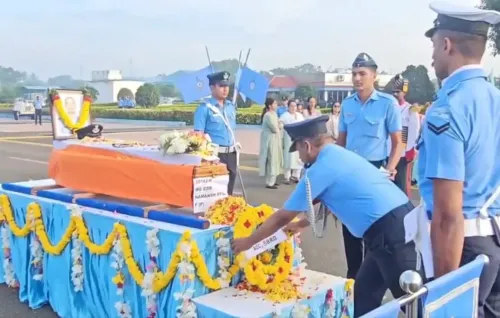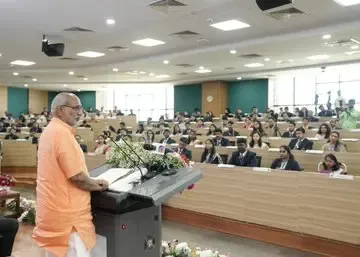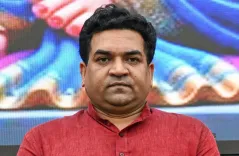Is There Really No Final Decision on Chandigarh Bill?
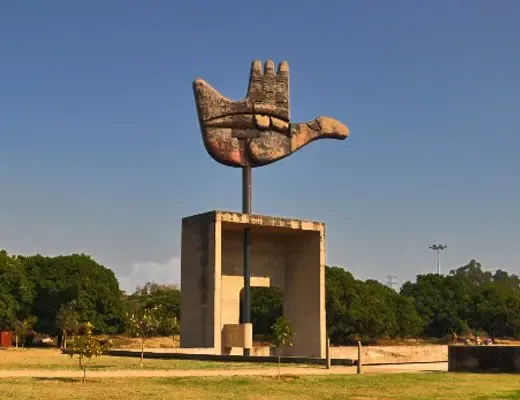
Synopsis
Key Takeaways
- No final decision has been made regarding Chandigarh's governance.
- The proposal involves consultations with stakeholders.
- Political parties in Punjab are strongly opposed to the bill.
- Chandigarh's status as a shared capital has historical significance.
- Political tensions are likely to escalate as discussions proceed.
New Delhi, Nov 23 (NationPress) The Centre reiterated on Sunday that there has been no conclusive decision regarding the proposal to place Chandigarh under the direct governance of the President. This decision will only be made following extensive consultations with all relevant parties.
This clarification comes amidst a significant political uproar in Punjab after the Central Government indicated its intention to place Chandigarh under Article 240 of the Constitution. This action would grant the President the authority to directly establish regulations for the Union Territory.
The Home Minister stated that the proposal does not involve any changes to the governance and administrative structures of Chandigarh, nor does it affect the historical relations between Chandigarh, Punjab, and Haryana.
“The suggestion to streamline the law-making process solely by the Central Government for Chandigarh is currently being evaluated. No final decision has been reached regarding this proposal,” the statement emphasized.
Assuring that there is no cause for concern, the Home Ministry noted, “A suitable conclusion will be drawn only after comprehensive discussions with stakeholders, considering the interests of Chandigarh. The Central Government has no plans to introduce any legislation during the upcoming Winter Session of Parliament.”
Currently, Chandigarh is governed by the Punjab Governor and acts as the shared capital for both Punjab and Haryana.
However, a bulletin from Parliament suggests that the Constitution (131st Amendment) Bill, 2025, may be presented during the Winter Session starting December 1, prompting protests across Punjab's political landscape.
Political entities such as AAP, Congress, and the Shiromani Akali Dal have vehemently opposed the proposal, labeling it as “anti-Punjab.”
They contend that placing Chandigarh under Article 240, which currently includes territories like Andaman and Nicobar Islands and Puducherry, would jeopardize Punjab's enduring claim over the city.
Established as a Union Territory in 1966 when Haryana was separated from Punjab, Chandigarh has since served as a dual capital.
While the Governor of Punjab also functions as the administrator of Chandigarh, state leaders have consistently maintained that Chandigarh belongs to Punjab and that Haryana should have its own capital.

